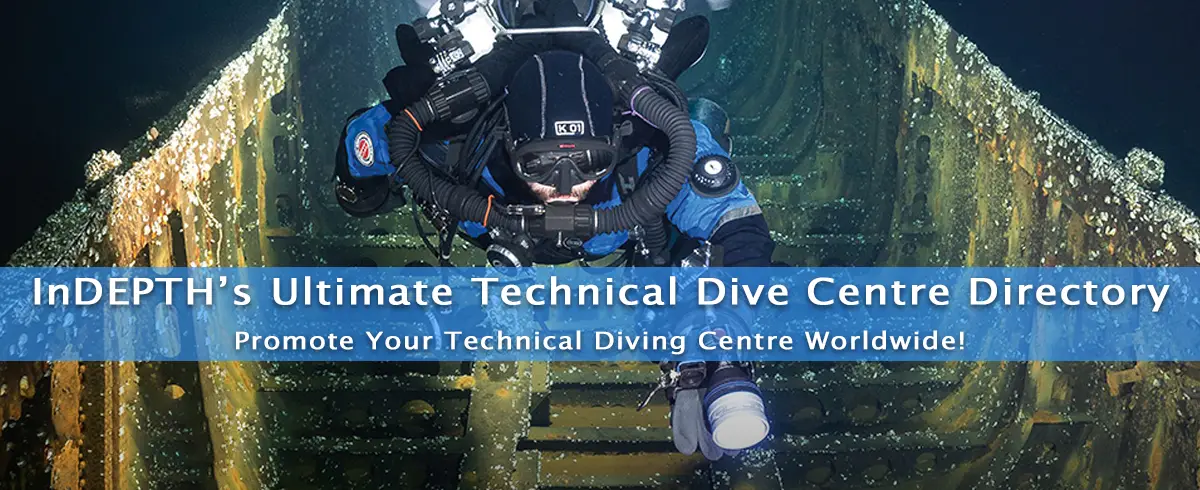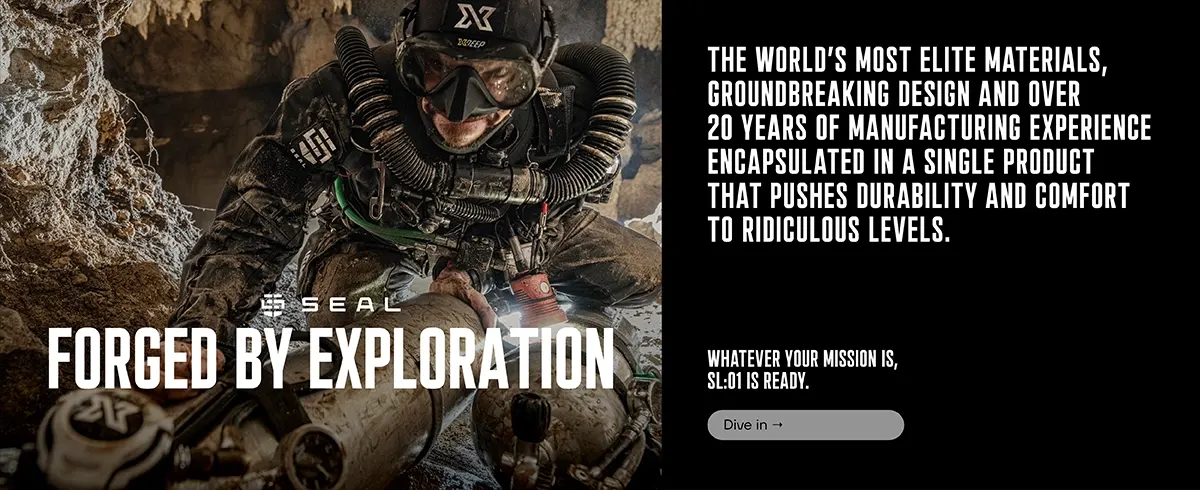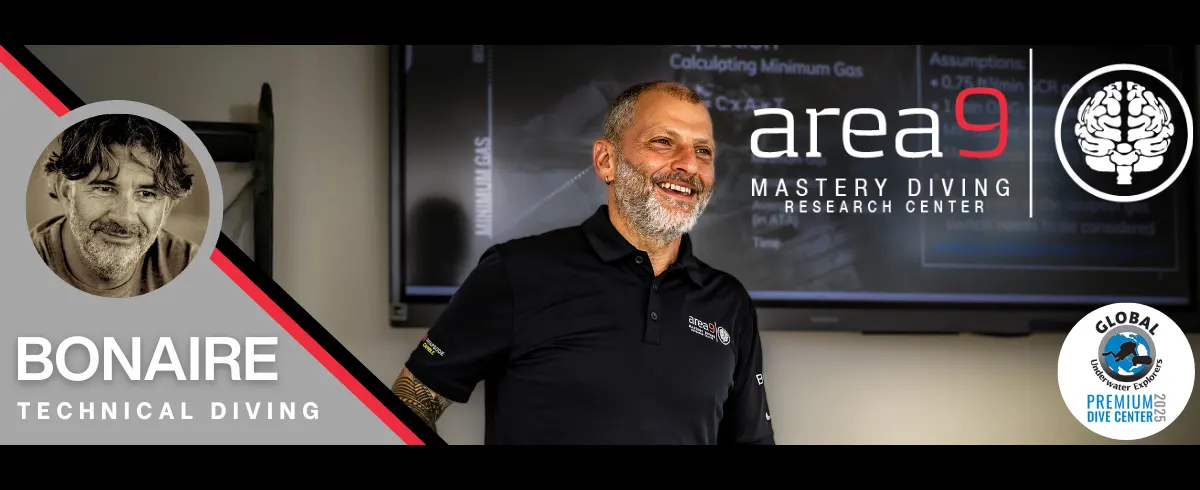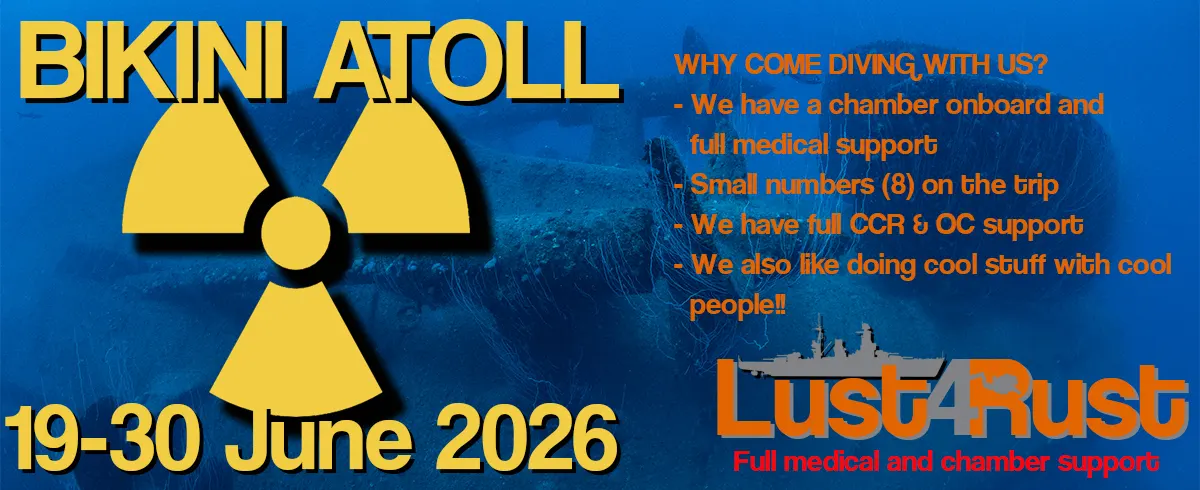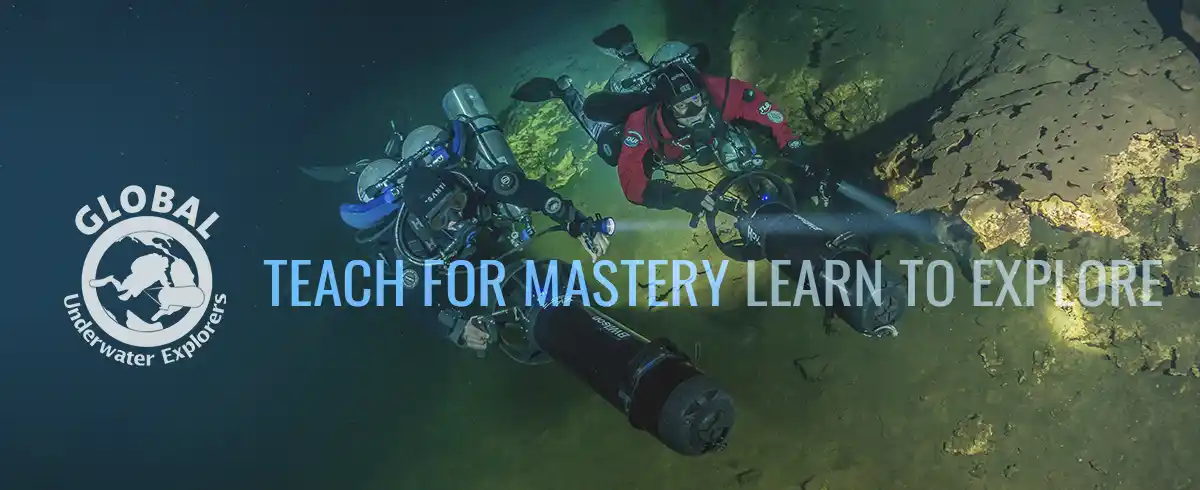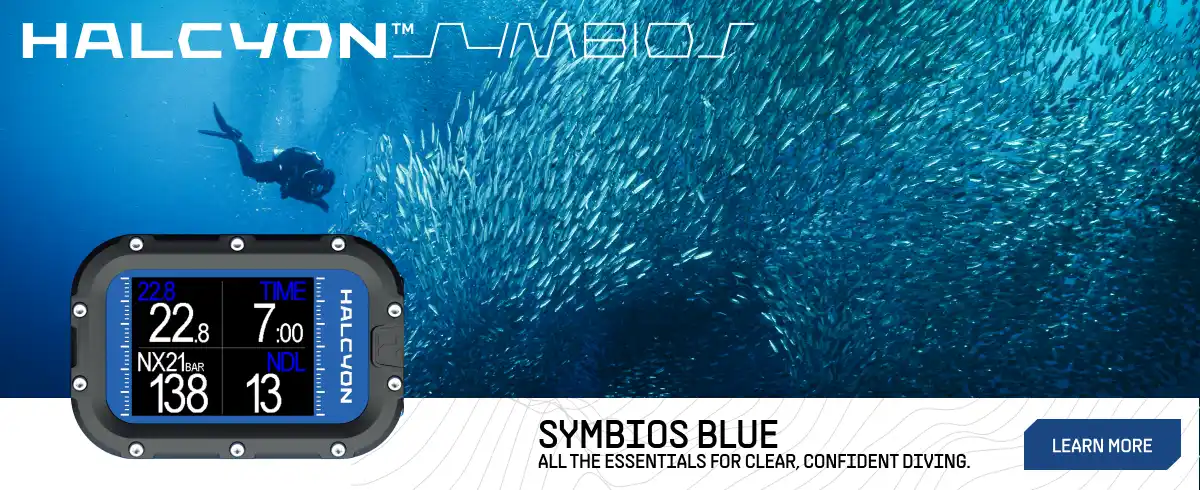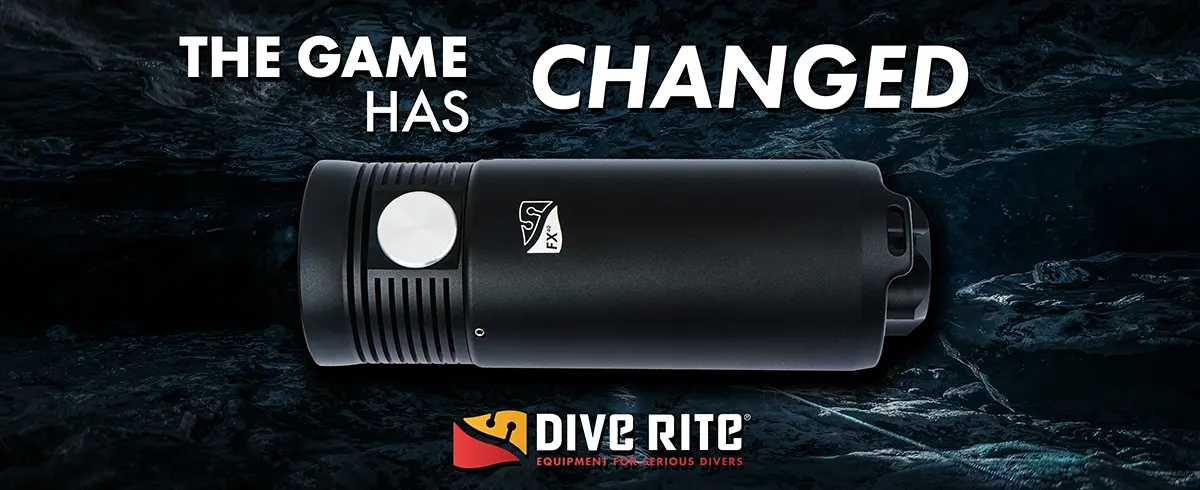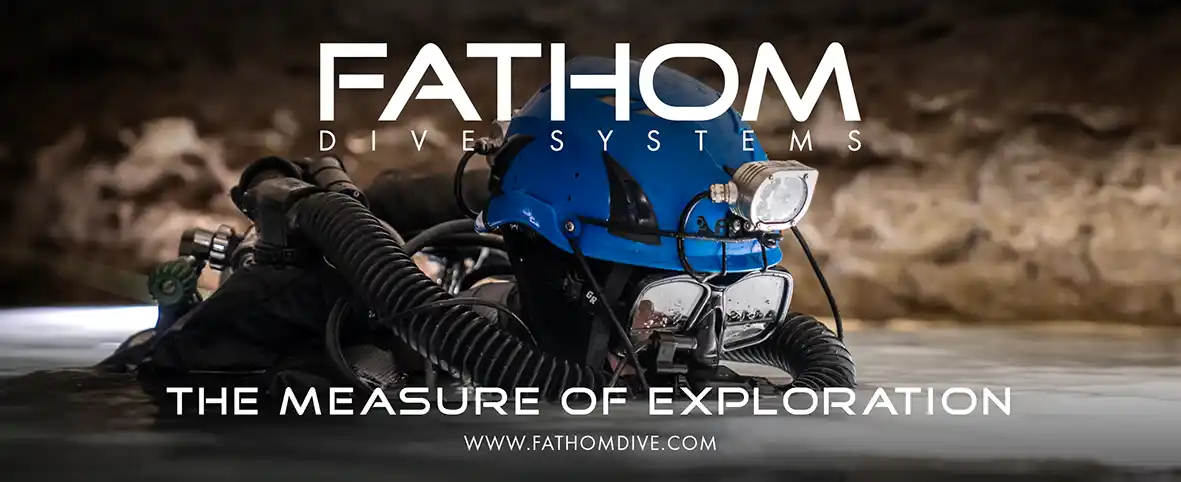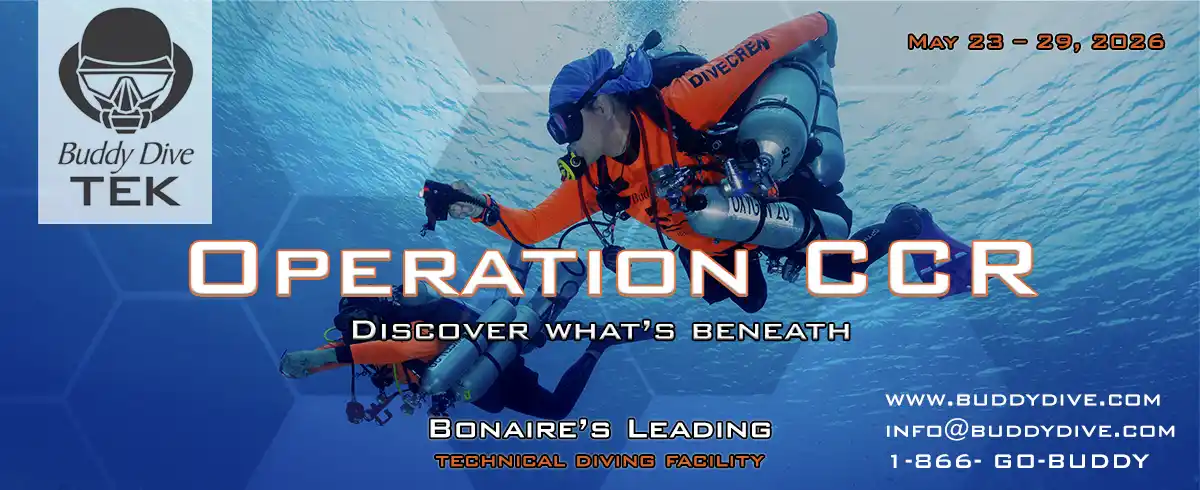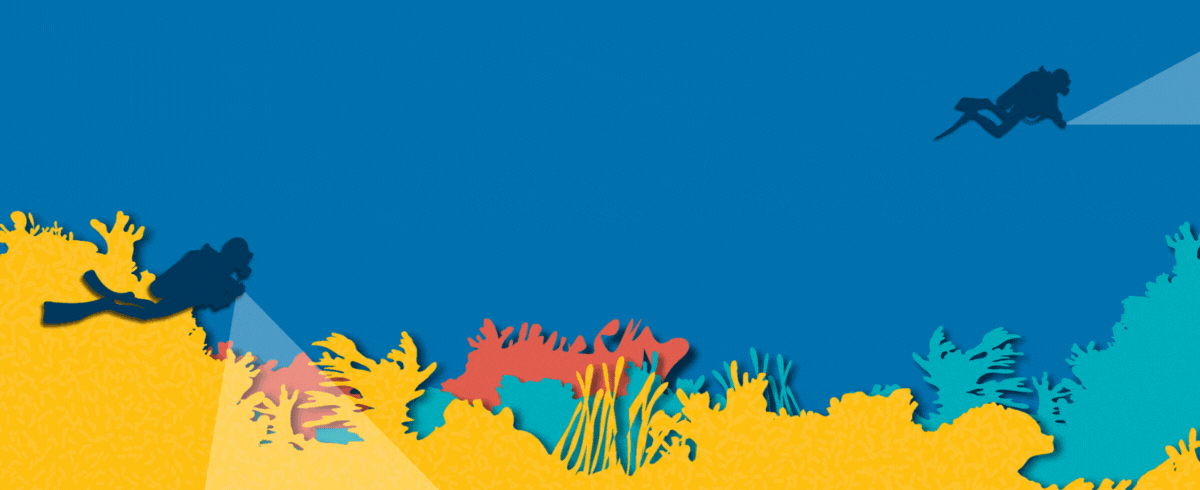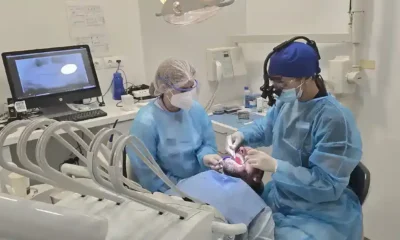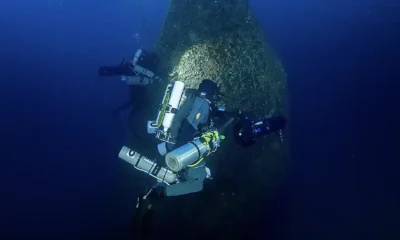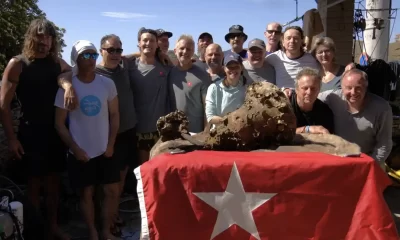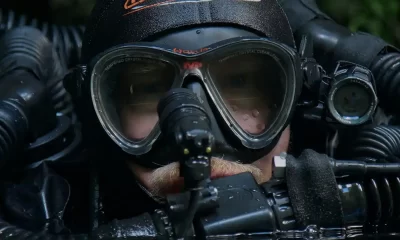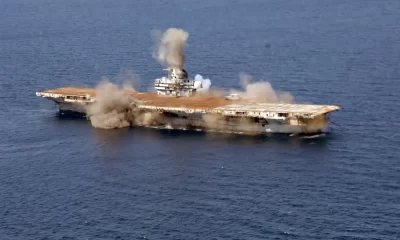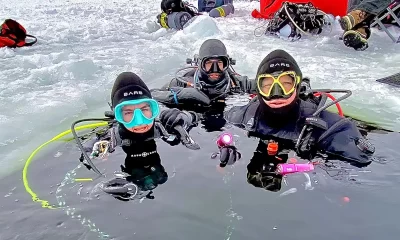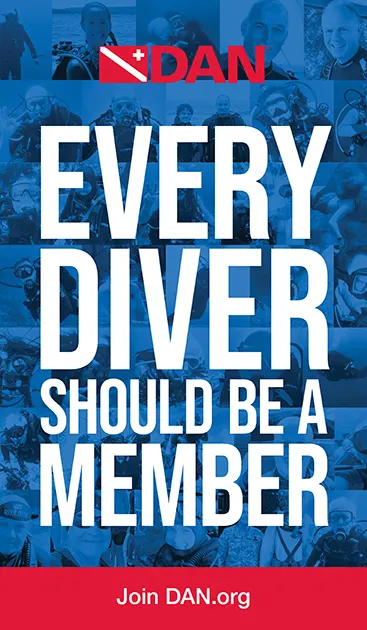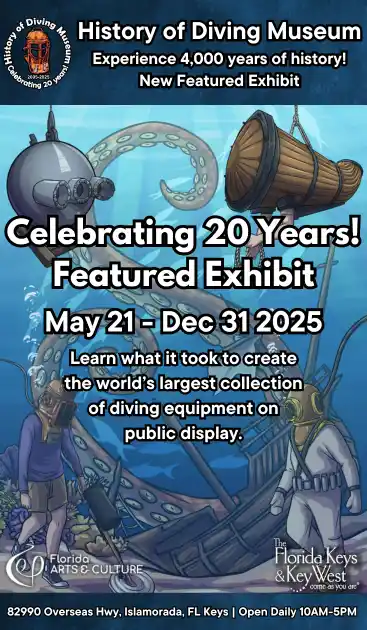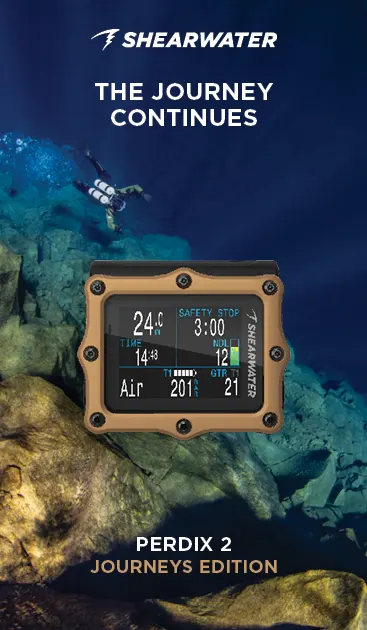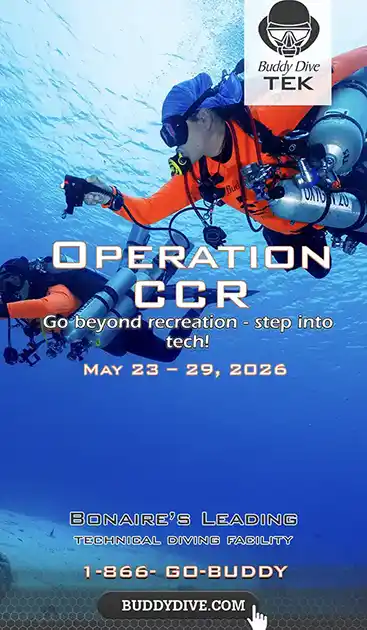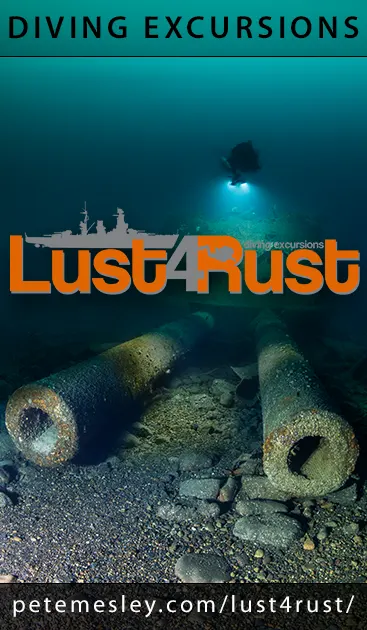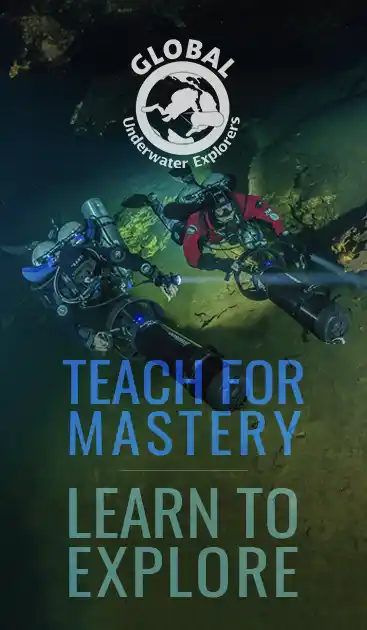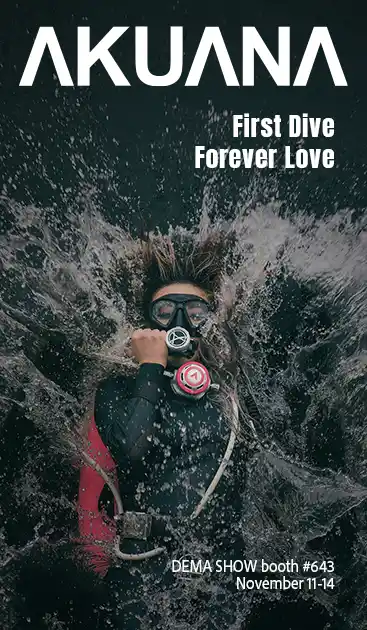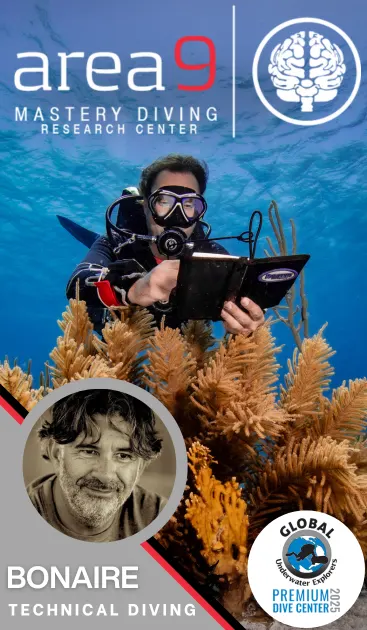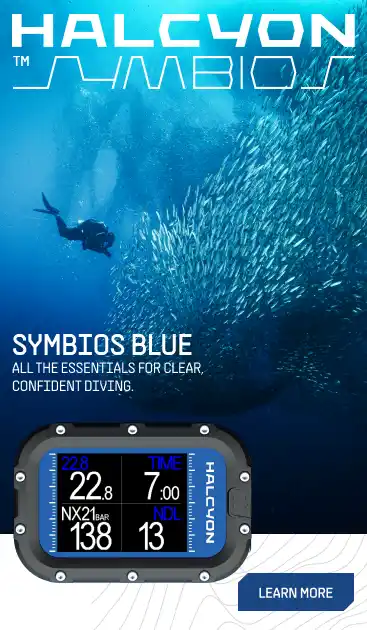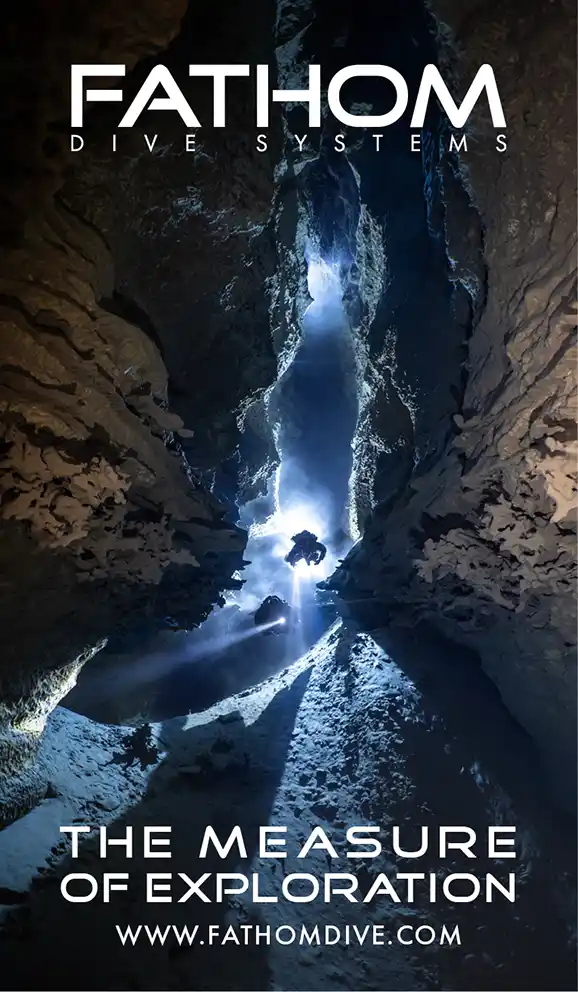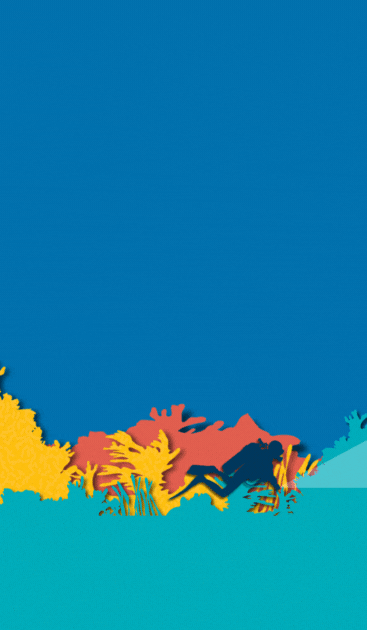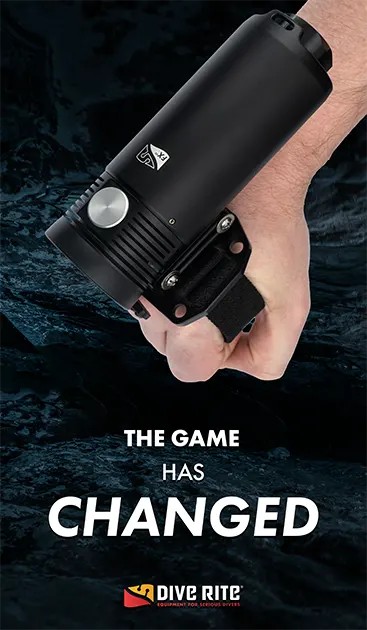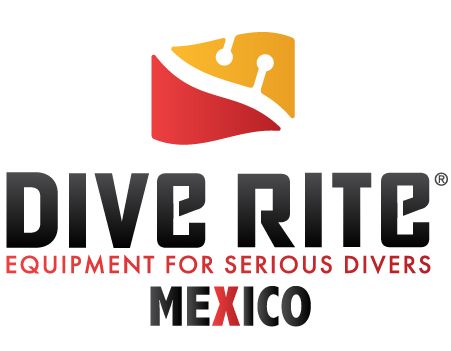Community
Life of an Italian Scuba Instructor In the Time of Corona
Italy was one of the first countries in Europe to be slammed by the Covid-19 pandemic. We asked diving instructor Cristina Condemi from Reggio Calabria, to share her experience as a diver in lockdown. Cosa deve fare un sub?
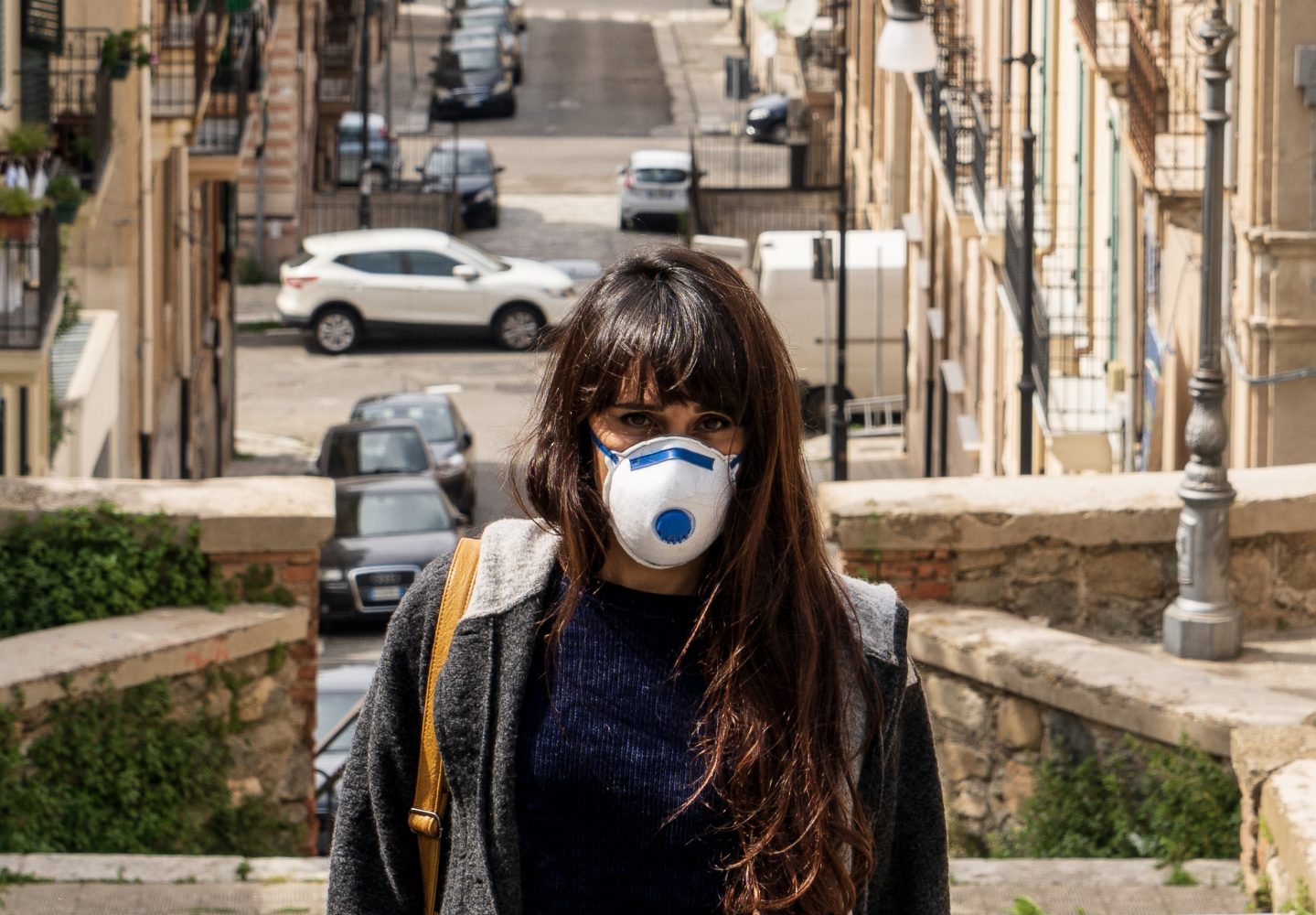
By Cristina Condemi, Translation by Fabrizio Schepisi
Header photo by Dario Condemi
Are these bad times to be talking about dreams, beauty and The Sea? And what about the realm of scuba diving, a term that opens up a wide range of meanings for its practitioners? It’s impossible to get the pandemic out of our thoughts, and the rising death toll, our inescapable fear, and common sense remind us to stay at home.
Nonetheless, by degrees, we have been able to set aside a few hours in our increasingly absurd daily routines to take shelter in the universe of our passions—whether they belong to the underwater world or to the land above the sea. Dreaming has proven to be a sound way to tackle this situation, a safe haven in such insecure times. Let’s try and dream then: it’s one of the few things we have left, and it won’t make us run the risk of appearing to be superficial or seeming to be careless about Covid-19 if we do so.

Let’s try and dream as best we can and whenever we can, even in this very moment: I, as I’m writing down my impressions, the dreams and feelings of an Italian scuba-diver quarantined in her flat in a city in Southern Italy, and you as you read my words. Always keeping in mind that all storms must pass eventually, and then we will go back to sailing upon and diving into our sea. Presently in Italy, as in most other countries around the world, our days are marked by the news of how the virus is speeding up or slowing down its spread. Our hours are punctuated by attempts at finding something to do within the walls of our own houses and trying to take our minds off the tragedy..
Especially here in Italy. Especially in the north of the country, the opposite side of the boot from where I am, although distance has never been less of a divide than today. Our lives now revolve around a daily disease report, always hoping to hear the virus has passed its peak and waiting for the moment when we are allowed to start the slow reversion to normality, getting out of what has been defined as a kind of “war”. However, this is no war, and there will be no truce. Our will to “cease hostilities” just doesn’t seem to be enough to put an end to it. In fact, there seems to be but one thing we can do: we have to stay home!
Facing the Onslaught of Covid-19
The beginning of March marked the onset of radical changes in our lifestyles, at least in the South of Italy. The most plagued regions, such as Lombardy in the North, were in dire straits for a longer time. In the beginning, many of us thought of Covid-19 as little more than flu; those who gave it serious credit were deemed to be scaremongers. However, the virus soon revealed itself for what it really is, ending up in a pandemic, forcing everyone—none excluded—to an unexpected quarantine. Since then, previously high-valued items like power and beauty have lost much of their appeal. We realized that there were no borders or barriers to hold it back. The virus could hit anyone, and no amount of money or customs control could prevent it from spreading.

And how do we see the virus? Here in Italy, we learned to fear it. Our national health service made many cuts in funding over the past few years, and what really scares us is that in all likelihood some of us might lose the right to be treated if too many become infected. Intensive care units have been filled to capacity in some regions, and our front-line doctors and nurses are doing endless shifts. In many cases, there isn’t enough medical staff, and the safety measures in hospitals are totally inadequate. We just weren’t ready for a pandemic, and we somehow hope the Covid-19 lesson will be a spur to improvements in hospital equipment.
There are many theories of how it all started: conspiracy theorists think the virus was created in military labs first and then somehow got out of control. Green-collar workers are up in arms about our attitudes toward the environment and see it as a revolt of Nature revolting and taking revenge on humankind as retribution for all the stress and suffering it has been subjected to. Similarly, some think that epidemics, being the by-products of unrestrained globalization and urbanization, could be construed as the result of unhealthy eating habits. They pin down the causes of Covid-19 to the consumption of meat from intensive breeding establishments—pork meat in this case. In their view, we should take up healthier eating regimes and give up the thought of going “back to normal”, as that normality is precisely what has brought us here. Finally, there are those who read up on past epidemics and talk about the unavoidable cyclicity of history.
Regardless of all the differing opinions about its causes, we are willing to admit that a tragedy of such magnitude is something new to us, something unexpected and overwhelming. Like anyone else, I find myself coping with it, especially as I am part of a generation that has been through a lot of hardships here in Italy but has never had to grapple with a real war, real famine, let alone a worldwide spread of pandemic. It may be the evil of our times. I tell myself, ”And it will pass as all evils do.” At least, let’s hope it is teaching us something.
Beautiful Country

Italy used to be nicknamed the “Belpaese”, the “Beautiful country”, but much of its allure seems to have been lost now. Of course, our architecture and artistic heritage, our history and landscapes are still intact, as are the favorable weather conditions we have been blessed with. But, as many tell themselves, what’s the use of it now if you can’t enjoy it? What’s the use of having museums full of precious items and impressive collections of enormous cultural prestige if you can’t visit them anymore?
Of course, I’m not suggesting that they should be reopened to the public, I’m only hinting at the temporary loss of significance of this heritage. Quite romantically, in my mind I can picture Caravaggio’s canvases piling up dust in those closed museums, losing some of the light that made them sparkle with life: works of art “saddened” by the lack of viewers’ eyes feeding on their beauty.
Quite romantically, in my mind I can picture Caravaggio’s canvases piling up dust in those closed museums, losing some of the light that made them sparkle with life: works of art “saddened” by the lack of viewers’ eyes feeding on their beauty
I also think of one of the very few positive aspects of this absurd situation: our planet is breathing again, recovering from the devastating impact of human activity. News of this kind is consoling, especially to those who love nature in all its forms, in water and on land. There is hope that this will be a starting point for serious meditation on how we can change our destructive lifestyles.
Whether we come out of this tragedy torn apart and morally crippled or totally unhurt, the clouds above our heads will be blown away by a new wind someday. On that day, hopefully we will brush the dust off those works of art and look at them with fresh new eyes. We will rediscover how beautiful and fulfilling it is to nourish ourselves with the sight of art and natural landscapes and to let ourselves be kissed by the sunrays.

In our case, we will also go back to marvelling at the beauties of the underwater world, which it is hoped will be all the more powerful an experience after this forced break. For now however, all we can do is wait. Let us not wait as patriotic soldiers forced to a quarantine by governmental decrees, but rather as citizens fuelled by solidarity, well aware that isolation means safety in this case, for ourselves and others.
Sharing Who We Are
Spending long days at home, many will run the risk of surrendering to psychotic fears or to the sadness that comes with feeling as if we are powerless prisoners. To escape this sense of isolation, some have started up a number of solidarity initiatives: some leave food packages in empty baskets outside supermarkets to help out those who can’t afford to go homeshopping; others sew homemade protection masks – a very rare item these days – and hand them out to people who need them.
Many of us are also finding strength in our passions, telling ourselves that we’ve got time on our hands now to do all the things we couldn’t dedicate enough time and care to during our “normal routines.” Even so, they’re all passions we must now pursue at home. Because we can only go out for what is strictly necessary. We can’t go for walks, not even by ourselves. And that includes, understandably, walks out to the sea.

It was particularly hard in the beginning: many of us had a sense of dizziness, and felt deprived of everything we cared about. At that time, we were probably as yet unaware of how serious the pandemic was and would become, and all we could think about was the injustice of not being able to go on with our lives, see our loved ones and kiss or hug them. Such simple gestures that became as dangerous as weapons.
We felt stuck in a brand new asocial universe, because life is all about sharing, just like diving is. What else is scuba diving but the sharing of magic? Indeed, certain didactic orientations to it inform us that having a “diving buddy” at one’s side reduces risks, and that is a thought I personally subscribe to (although it might not hold true for certain kinds of more “extreme” excursions). However, I am not talking about this aspect of the issue.
What I actually mean is that we need to share the feelings and sense of adventure that make up our diving experience with others. Even those who are used to diving solo have a support team backing them up and always find themselves telling their diver friends about their experiences or maybe holding conferences, or writing books, articles, and posts to share their feelings and discoveries.

Even for them, sharing is an integral part of an experience they apparently live in solitude. As for me, I am one who likes scuba diving with others. Whenever I chance to spot something in the distance and point to it, the joy of that vision is cut by half if I realize I’m the only one who has noticed it. When you see something worth spotting underwater, its beauty is always heightened by being able to share it with another pair of eyes. That’s what makes your enthusiasm bubble up, when your happiness is widened and doubled by the presence of a buddy. In the end, sharing sums up the whole diving experience for me.
When you see something worth spotting underwater, its beauty is always heightened by being able to share it with another pair of eyes. In the end, sharing sums up the whole diving experience for me.
Divers’ Special Powers
I still remember the only time I went scuba diving alone, reaching a depth of 42 meters/138 feet. I had planned an excursion with three other divers on the ‘Mpaddata Shallows of Scilla, a 20-minute drive from Reggio Calabria, my hometown. I won’t take offence if you’ve never heard of it. When I lived in Wales, and someone asked me where I was from, most people had no idea where Reggio was, I resorted to the only description that always worked: “Italy is a boot, right? I come from its toe”. I can also tell you that Reggio, the Strait of Messina and especially Scilla are like my underwater heaven.

Well, on the day of that diving excursion we were just off Scilla. As sometimes happens, while we were sailing on a dinghy toward the starting point of our excursion, I suddenly had a hunch it wasn’t a good day for diving. For no apparent reason. Once we had reached the chosen point, I started fitting myself up and realized I didn’t have my computer with me, and that’s when I thought I’d better call myself out that time. I knew that wasn’t going to upset my friends: I know them, and they wouldn’t have forced me to do the dive or pressured me. Because what they taught me and—I’m sure—both my buddies and I thought on that occasion was that a good scuba diver is also one who knows when to say “No”. So, the others dived, I stayed on the dinghy with that day’s support staff, and everything worked out smoothly.
At the end of the diving expedition, the dinghy driver tried to weigh the anchor, but it was stuck. After a few minutes and several attempts, we thought someone should dive down to pull it loose if we wanted to get on our way again. As I hadn’t dived, had no residual nitrogen, and had lost my earlier reluctance to dive, I volunteered to go down. I put on my diving gear and went into the water. After a last look at my friends on the boat, I released my BCD, exhaled and started my descent along the rope.
When I got to the sea bottom, I saw the anchor was actually stuck in a rock spur. So I tried to pull the rope downwards to slacken the resistance and get the anchor unstuck. As I busied with the anchor, something that often befalls us divers happened. Though some might be less used to it, accustomed as we are to alternative ways of communicating when we are immersed in liquid and words are useless and undecipherable, it often feels like we are able to widen our perceptions. It’s as if we are endowed with a gift—being able to feel the presence and energy of things surrounding us while underwater.
I promise I’m not going mad. Hasn’t it ever happened to you? You get the feeling something is behind you, prompting you to turn around. You do so and find yourself face to face with a wonderful creature? At times, I have had the chance to discuss this idea with people who don’t view me as a lunatic and who in fact have agreed with me.I like to think of it as a “special power” that we divers have, a magic of our own.
Going back to the moment at the anchor, I got precisely that feeling of something behind me, so I turned around despite how busy I was, and what did I see? An eagle ray was moving in my direction, probably made curious by my presence and my awkward movements. It came very close, and I tried to keep still and hold my breath, so as not to scare it away.

It was as if it was aiming directly for me, though it moved very slowly. It “flew” past me, only a few inches above my head, and I followed it with my eyes. It was a magical moment, made all the more special by those unique feelings that we divers have—or by sheer coincidence, I’ll let you decide. However, in that very moment I thought to myself that I would have liked to have someone there with me. Seeing my joy reflected in the big, smiling eyes of my buddy behind his frameless mask, would have made this moment even more magical.
We Are Social Animals
And that’s what life’s all about: we humans may need our moments of solitude, but we are still “social animals” and need other people to share our experiences with. We’ve never felt it more than in these strange days. The time we’ve spent on the phone with other people, texting and video chatting with friends we might have not been in touch with for a long time, bears testimony to this need of ours. We live in a world of social networks —and this is no chance choice of words—following live broadcasts on an array of different themes and topics.
In our case, these may involve free divers and scuba divers talking about records and discoveries. We use video-conferencing apps to talk about excursions in submarine caves, underwater photography, or more broadly about the sea and the feelings it gives us. Even people who weren’t used to communicating on the internet have had to give in to it, because that’s our main means for sharing now. As we can’t yet meet people physically, we must be content with seeing them behind a computer screen.

Photo by Giovanni Cotroneo.
As is inevitable, much of the talking revolves around the virus and how we got to this point. We also discuss what the next phase will be like, how we will try to bring our lives “back to normal”, in spite of the fear we will still have of infecting and being infected, but still hopeful that the present crisis will bring about positive changes in our lifestyles.
Our ability to think about what comes after is good. As is solitary reflection on what we have really missed–our loved ones, our work, and the activities we performed with others. And, since this is a diving magazine, I’m quite sure readers will understand when I mention how much I miss the sea.
Whether the talk is about tropical waters, the temperate waters of my beloved Mediterranean, oceans, or lakes. We divers are all missing the underwater world. But we also know the sea is waiting for us, and we will find it again sooner or later, as blue and strong and beautiful as it ever was. With a difference: when we get back to it, we will be more aware of the need to protect it with all our strength.
We divers are all missing the underwater world. But we also know the sea is waiting for us, and we will find it again sooner or later, as blue and strong and beautiful as it ever was. With a difference: when we get back to it, we will be more aware of the need to protect it with all our strength.

Cristina Condemi is a RAID diving instructor and a staff member of the Scilla Diving Center. She was born in Reggio Calabria and the sea of the Strait of Messina has always been her natural environment. A DAMS graduate (disciplines of Art, Music and Entertainment) at the University of Bologna, she has lived in Spain and in Wales. A dive guide in Scilla since 2014, she brings divers of all levels to discover the extraordinary seabed of Scilla and its creatures, with special care for protecting its fragile ecosystem: a care she always tries to pass down to her students. An enthusiastic ecologist, vegan, and animal-rights supporter, she started technical diving in 2018, sharing the story of her experience as a diver on the web.

